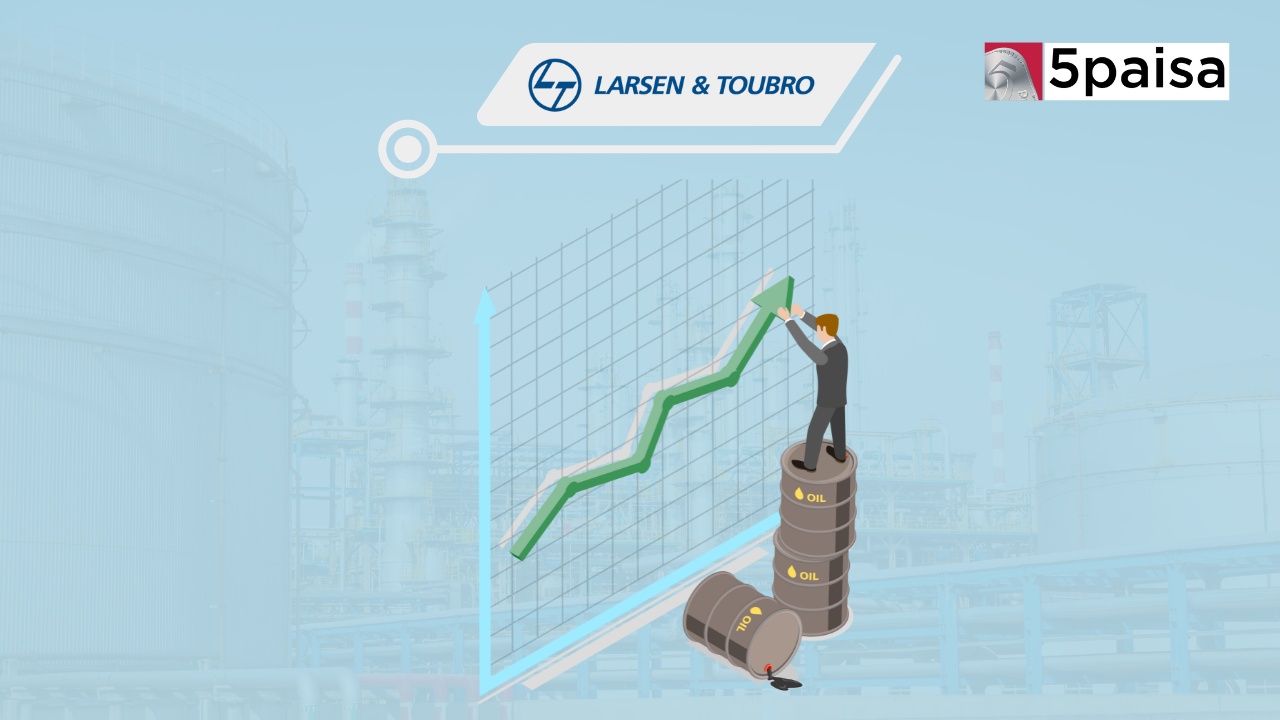L&T Eyes $50-$60 Billion Projects by FY25, Plans Major O2C Investments
NSE to withdraw DNE facility for stock options; what it means?

Last Updated: 25th March 2023 - 04:37 pm
For a long time, the “Do Not Exercise” (DNE) facility offered to the options trades has been a kind of face saver. It has allowed the options trade with the explicit confidence that they were protected from inordinate losses due to regulatory charges. But, what exactly is this DNE facility and how does it work. The “Do Not Exercise” or DNE facility allows a trader to instruct the broker that they do not really wish to exercise the right to give or receive deliveries. Remember, stock options are subject to delivery settlement on expiry if not closed out in the options market in advance. This DNE facility saved the traders from the risks of physical settlement and actually allowed the brokers against exercising a “Near Money” option strike on behalf of clients. In the past, this facility had been scrapped once and reintroduced. Now NSE wants to fully scrap the DNE facility from options market.
Effective from 30th March 2023, the NSE will fully withdraw the “Do Not Exercise” or DNE facility for investors, especially those who are trading in stock options, as it is most relevant to them. The F&O contracts for the month of March 2023 will expire on Wednesday 29th March 2023 since Thursday is a trading holiday on account of Ram Navami. Effective the end of the March expiry, this facility will stand scrapped in totality. Effectively, from the April 2023 expiry onwards, the DNE facility will not be available for stock options. However, it will continue to exist for index options, at least for the time being.
How does the “Do Not Exercise” or DNE facility actually work?
The DNE facility is like a negative list. When a trader exercises the “Do Not Exercise” or the DNE facility, they are basically instructing the broker that they do not wish to exercise the right to give or receive deliveries. That means; the trade will entirely be settled by the settlement of profits and losses only depending on the closing price. It may be recollected that the DNE facility had been scrapped by NSE in October 2021, but the same facility was once again reintroduced in the month of April 2022. Brokers had raised concerns of several trading mishaps where investors and traders were put to undue loses and even failed to meet their settlement obligations. To avoid such a sticky scenario, the regulatory decided to reintroduce the facility in April 2022. Now, exactly a year later, the regulator once again wants to scrap the facility for good.
Actually, DNE is a fairly smart and useful facility
Since options contracts are time bound, they are only valid till expiry. Once the expiry period is over, the option contract is worth nothing. Hence whatever action is expected has to happen before the expiry of the contract only. Since the stock options moved to the physical settlement system, there was a unique problem. If the owner of the options contract did not exercise the right to buy or sell within that period, the contract expires worthless, but more importantly it will be treated as exercised if the option contract expired in-the-money or near-the-money.
The DNE facility was useful in exactly preventing the eventuality since the STT on a vested option contract was inordinately higher than a normal traded options contract. Unlike in the past, when the physical settlement was applicable only on cash market transactions, since October 2019, SEBI has introduced physical settlement in the derivatives segment also. This is the eventuality that the DNE facility prevented. It prevents the brokers from exercising “Near Money” or “Close to Money” options on behalf of the clients, if the explicit DNE instruction is given.
Life beyond DNE facility will not be easy
There are several risks if the DNE facility is removed. For instance, it is very likely that due to the exercise of near money options on expiry day, once again the options traders may have to face a barrage of margin call issues. In addition, the DNE facility also gave the option traders the additional benefit of auto square off of positions. In a nutshell, if the trader did not want to take delivery, it will automatically get squared off, and only the residual amount will have to be paid by the trader. It makes the entire much safer for an option buyer. The fear is that if DNE is discontinue, it would also eliminate the auto square-off option and it could possibly result in traders incurring fairly large losses on the day of the expiry of futures and options contracts; which is the last Thursday of the month. Whether the SEBI will continue the auto square off even after scrapping DNE facility remains to be seen.
For many smaller traders, who may not be aware of the nuances of expiry day options risks, this may create heavy losses, unless they are fully informed about the same by the brokers. If a stock options strike goes into delivery and a trader has no cash in the trading account or is not able to fund the account on time, the broker can levy interest and penalty on the trader under the extant SEBI regulations. That is something the traders should worry about and the regulator needs to look into.
- Flat ₹20 Brokerage
- Next-gen Trading
- Advance Charting
- Actionable Ideas
Trending on 5paisa
05
 Tanushree Jaiswal
Tanushree Jaiswal
Indian Market Related Articles
Disclaimer: Investment in securities market are subject to market risks, read all the related documents carefully before investing. For detailed disclaimer please Click here.
 5paisa Research Team
5paisa Research Team




